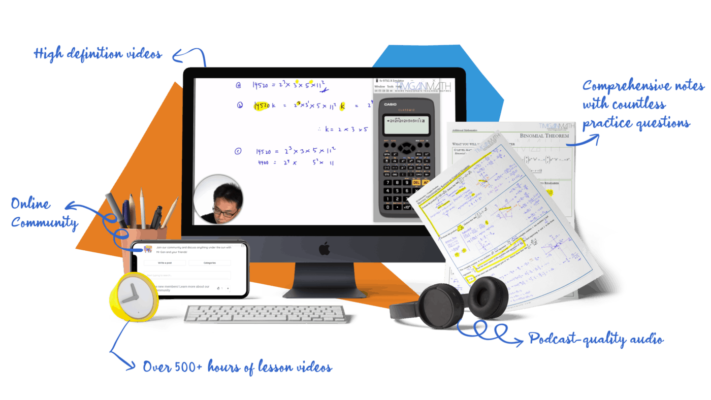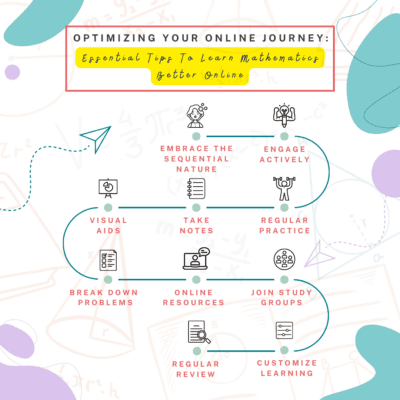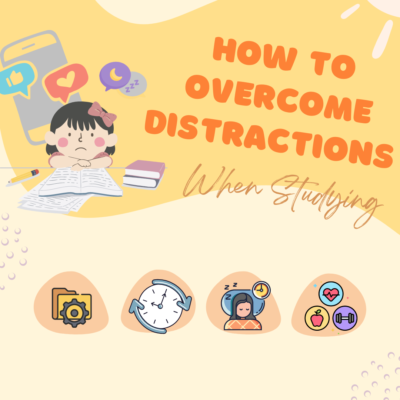Learning math online can be very beneficial. It can provide you with new insights, allow you to look at problems in new ways and see solutions that weren’t before available to you, and even give you a skill that you can use in your everyday life. It all depends on what you are looking for and how much time you are willing to invest. Math is a tricky subject to learn online. So in this article we will give you some tips on how to learn it online as well as some resources that will help you
1. Follow a well-structured curriculum
When you’re first getting into online learning, it’s tempting to just jump into a course and see what happens. But that can be harmful to your learning experience because you won’t have time to study anything else. By following a structured curriculum you’ll know exactly what to expect each day and what you need to do in order to complete the assigned work properly. No matter how hard you try, you can’t learn everything overnight so having some structure in place helps
Ideally, these should be done under an experienced instructor who is able to provide continuous feedback so that you can continuously improve your knowledge. In addition to having the right instructor, most online courses also require that you follow a schedule and contribute towards your learning objectives at specific times.
Do sign up for our Free Courses to see how we structured a curriculum to maximise your learning in mathematics online.
Secondary School Additional and Elementary Mathematics Free Online Course Sign Up.
2. Pace your learning
As much as we would want to study for hours straight, it is just not humanly possible to remember everything you learnt and likely a counterproductive method to study. Having bite-sized learning objectives is paramount and taking breaks regularly is crucial.
One popular and useful time management method is called the Pomodoro Technique where you are encouraged to study in 25-minute chunks separated by 5-minute breaks. After about 4 Pomodoro study chunks, you can take a longer break of about 15 to 20 minutes.
3. Be involved in an online community
Learning together with a community keeps you accountable and motivated to go on. A community can also be a place where you can learn collaboratively with other learners as you share ideas and learning points with one another. Studying in a silo may give you more focus, but learning with others gives you so much more room to improve as you consider other perspectives and methods of tackling Mathematics questions.
Join our online community to see how we answer questions from our students!
4. Have a good online instructor
We can all agree that the experience of learning in a physical classroom and learning online can be vastly different. This is true for the teacher in a physical classroom and behind a screen as well! Choose an online tutor who is comfortable and is clear in their explanations behind a screen so that you can learn with ease online.
Please note that teaching in a physical classroom and teaching in an online environment requires different sets of skills too. Teachers who are able to teach well in a physical setting doesn’t equate to having the ability to teach well online and vice versa.
5. Use online tools to help you visualise certain Mathematical concepts
With so many online programmes and software available these days, there is definitely no lack of online tools to aid you in your learning! In Mathematics, you can make use of graphing or modelling tools to help you understand certain Mathematical concepts. Our favourite graphing tool is Desmos (you can check it out here! https://www.desmos.com/calculator). In Desmos, you can adjust the variables to see how the graphs change in shape for you to visualise the graph. We also use other tools like Sketchup and Geogebra to aid you in visualising 3-Dimensional problems.





